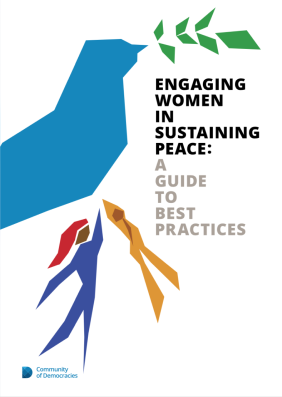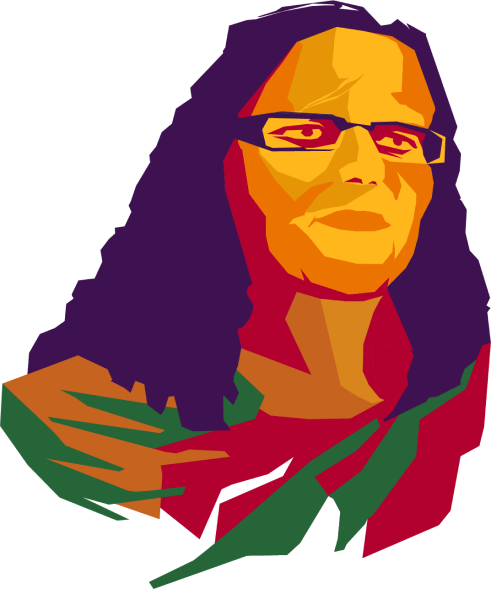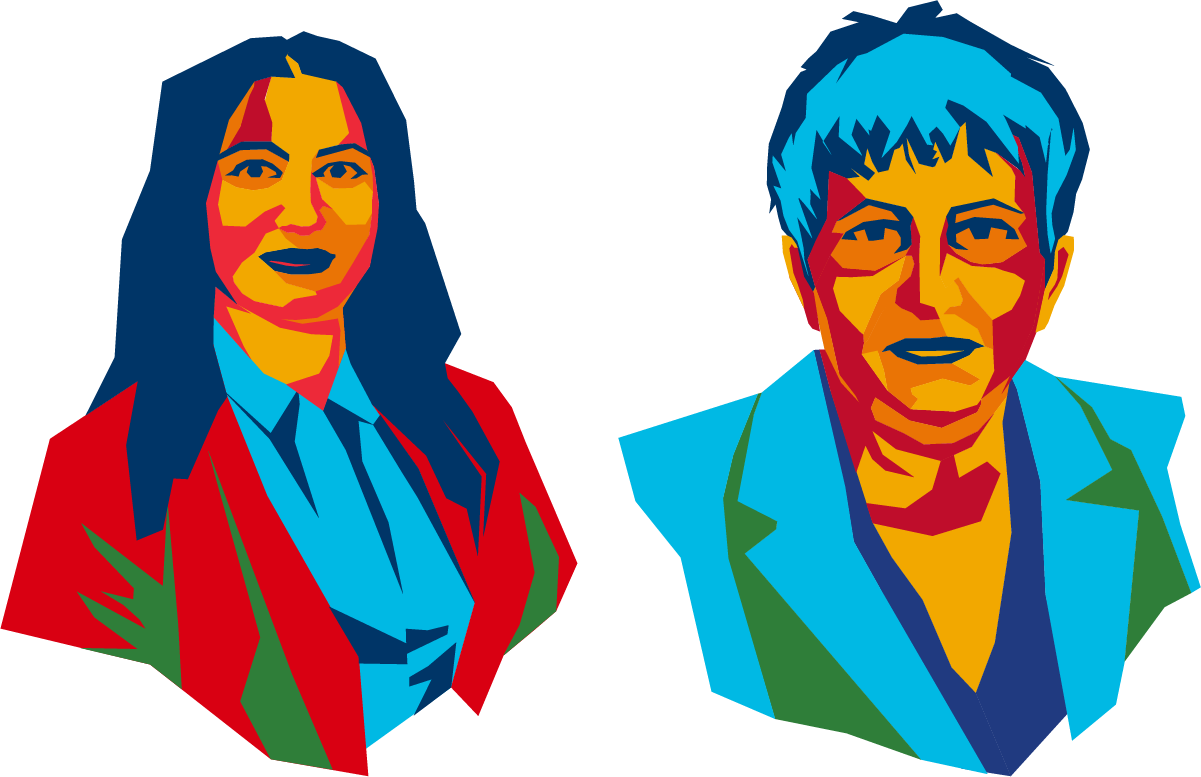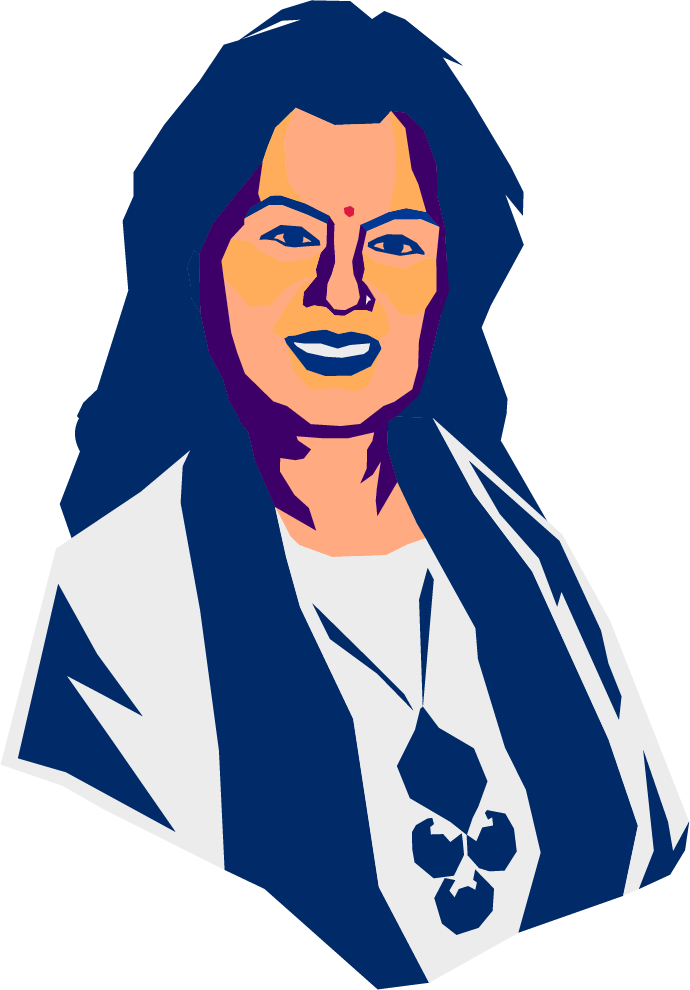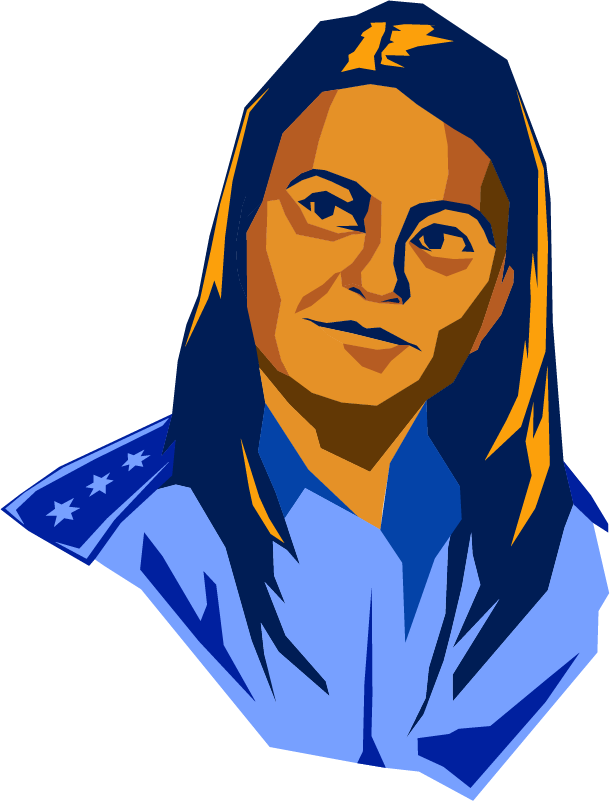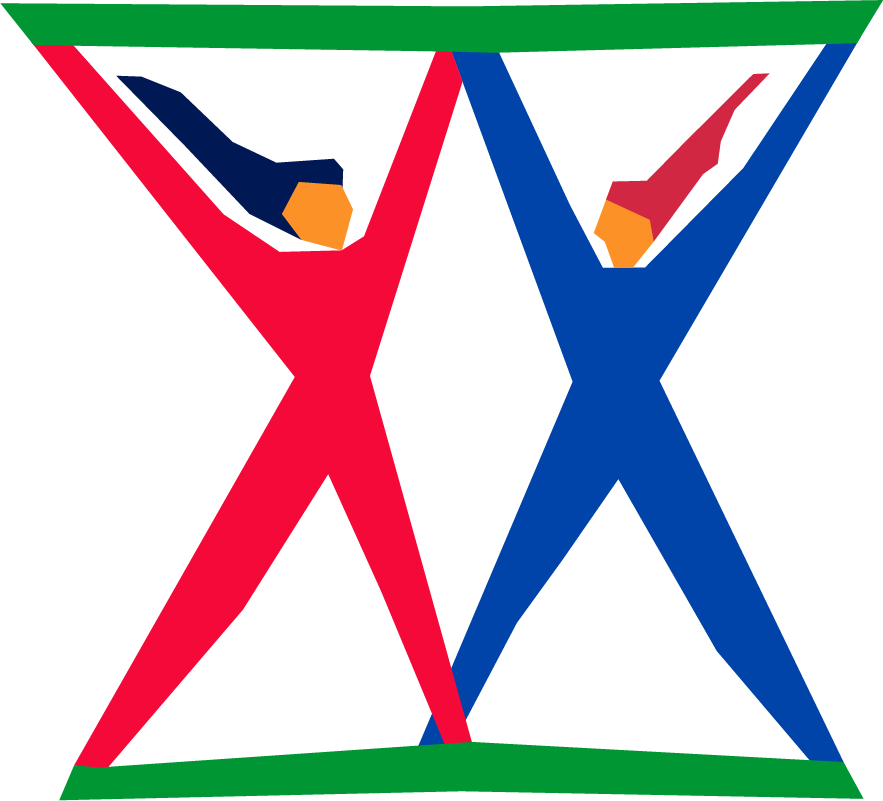20 years after UNSCR 1325:
Perceptions of Women Leaders in Peacebuilding and Peacekeeping
 go back: about
go back: about
The 20th anniversary of the landmark United Nations Security Council Resolution 1325 (UNSCR 1325) in 2020 is an opportunity to shape the agenda for the next decade. It is an opportunity to enhance accountability and identify ways in which the commitments of the last two decades can bring about transformative change.
UNSCR 1325 reaffirmed the critical role of women in the prevention and resolution of conflicts, including peacebuilding, peacekeeping and in humanitarian responses. It also stressed the importance of their equal participation and full involvement in all efforts for the maintenance and promotion of peace and security.
UNSCR 1325 has been key to connecting the Security Council to local women peacebuilders across the globe, who have localized the resolution recognizing that it is an entry point to engage with the UN system, member states, inter-governmental organizations and agencies in the work of prevention and sustaining peace every day.
Regional and global inter-governmental organizations, national parliaments, defense and security sector have a clear role in applying the recommendations of the 10 Women, Peace and Security (WPS) resolutions. These recommendations include enabling women peacebuilders and their civil society networks to bring their work on human security into the formal spaces of decision making demonstrating the common goal to address root causes of conflict and enhance protection and prevention. The WPS agenda is also an important anchor in humanitarian action – whether these are intensifying national and local disasters, health pandemics such as COVID-19 or displacement and migration caused by the climate crisis.
Recommendations for advancing Women, Peace and Security Agenda in its new decade
On October 19, 2020 the Permanent Secretariat of the Community of Democracies (PSCD) organized a digital event commemorating the 20th anniversary of the adoption of UNSCR 1325 in cooperation with the Community of Democracies Working Group on Women and Democracy (WGWD).
At the event Marita Sørheim-Rensvik, Norway’s Ambassador/Special Envoy on Women, Peace and Security and a member of the Nordic Network of Women Mediators noted, “Twenty years on there is room for optimism,” because UNSCR 1325 catalyzed accountability to women’s rights and participation and there is evidence and data available that makes women more visible. She continued, “We have networks of women mediators that clearly demonstrate that competent and experienced women are ready to be consulted, engaged and deployed.”
And while models for inclusion may not be perfect, they are ensuring that parties and delegations in peace talks are held accountable to women’s participation and leadership as we all know now that women make a difference in peace processes and sustaining peace. Ambassador Sørheim-Rensvik underlined, “It is difficult now to say that inclusion can wait. Today there are policies in place. Eighty-six countries as well as regional and sub-regional organizations have action plans for women, peace and security, training has changed, and monitoring has improved.”
But the ambassador was also pragmatic, saying progress can be accelerated because more member states, the global community, and local activists are aware of the need to increase and sustain women’s participation in all aspects of peacebuilding, “We must do more to level the playing field. We cannot bring anyone to a table that does not exist. Even before the conflict parties are brought to a negotiation table we can and should reach out to women and their organizations to find out what their needs and priorities are.”
There is also opportunity to learn from other processes. She mentioned that learning opportunities are vital to find solutions to common challenges including ensuring the safety and protection of women peacebuilders and human rights defenders. “Addressing these challenges can ensure women are women leading and sustaining peace in constitutional committees, security sector reform, transitional justice and peace monitoring missions,” Ambassador Sørheim-Rensvik said.
Chief Superintendent Raluca Domuta Marga of Romania has been on the forefront of paving the way for strengthening safety and protection measures and institutions for women. While she currently serves as a cyber-crime specialist at the Organized Crime Brigade, her deployment on the United Nations Stabilization Mission in Haiti (MINUSTAH) saw her work closely with the Haiti National Police (HNP) on the development of the gender program and establishment of a one-stop center for victims of Sexual and Gender-based Violence. In 2015, she was the recipient of the International Police Peacekeeper Award for her exceptional and outstanding leadership in response to the Haitian earthquake in 2010 while on deployment.
“There must be places allocated for women,” said Ms. Domuta Marga, referring to the need for clear entry points for young women join the police or military service as well as have access to opportunities that pave the way for more to lead peacekeeping deployments. This can include a quota system which in Romania in 1995 enabled her to join the police academy. It was stiff competition for the twenty places available for young women. Twelve years later, Romania removed the quota system in line with commitments to gender equality. Ms. Domuta Marga highlights, “Women can occupy any military and civilian position as long as they meet the competency criteria required for military branches and specialization.”
Women are making a difference in peacekeeping. Ms. Domuta Marga says, “Supporting the participation of women in peacekeeping missions still requires special attention and greater support because women continue to play multiple roles when they are deployed. We don’t just have our professional role. We also are mothers and wives [but] we shouldn’t be afraid to dare. We need to be courageous.”
As a mother of two boys, she is mindful that many girls still face gender biases, “When it comes to education, we have to teach our girls to dare for more. To teach the women who we work with to dare for more.” The future of the WPS agenda needs to address the persistent gender biases, negative stereotypes to empower and enable more young women.
“Young women need to be visible, included and have access to opportunities,” says Lynrose Genon. She is a member of the Executive Council of Young Women for Peace and Leadership (Young Women+), a network of young women and young LGBT leaders from the Philippines who are agents of peace and advocates of human rights, women’s rights, gender equality, and peace and security. She is also the co-Director of Project YACAP (Youth Amplifying, Co-Creating and Advocating Peace), a youth leadership development program dedicated to building a culture of peace with young people in Mindanao.
Ms. Genon stated, “Young women and male allies play a vital role in the present and future of the WPS agenda.” However, this requires specific attention to young women’s empowerment because too often conflict and post conflict contexts tend to favor young men, “Young women are largely seen as victims and are left out at home as primary carers, framed in the guise of protecting them.”
Young women must be included in WPS initiatives that aim to support women’s leadership and participation. In doing so, it is vital to be accountable to the diversity of women taking into account sexual orientation and gender identities as well as the intersectionality of age and experience and historical social marginalization. Ms. Genon called, “We need to recognize youth is a diverse group. Women are also a diverse group.”
In a country where more than half of the 3.6 million out of school children were females before the COVID-19 pandemic shifted studying online, Ms. Genon said, “Urgent attention is needed to ensure that there are greater opportunities created for young women and girls to be able to tackle the drivers of patriarchy in social, economic and political spheres. This is critical particularly when stay-at-home measures due to COVID-19 are highlighting and increasing gender inequalities including the burden of unpaid care work, vulnerability to domestic violence, and lack of access to sanitary and hygiene products.”
Ms. Genon underlined that this is the time to redesign programs by working with young women and girls to support their networks with much-needed resources to develop and drive local programs and scale up community-based initiatives to progress action that is tangible and relevant to their local communities.
There is also the additional value and power of being connected to global networks. Ms. Genon said, “Another way to strengthen young women’s participation is by linking us up with other groups and tap into our collective voice. Young Women+ for Peace and Leadership in the Philippines is building and connecting young women as allies across our country with creative ideas. This is giving us a platform to explore our potential for collective expression and action in amplifying our work.”
Women in Peacebuilding and Democratic Decision Making
Sustainable Development Goal (SDG) 16 of the 2030 Agenda for Sustainable Development requires states to promote peaceful, just and inclusive societies and has woven democratic governance and peacebuilding. The WPS agenda has a key role to go beyond simply promoting peace but ensuring it is recognized as an integral pillar of democracy.
According to Ambassador Sørheim-Rensvik, it is essential to ensure that women’s contributions to sustaining communities during times of conflict are recognized and integrated in all aspects of the post conflict strategies to build on women’s agency when rebuilding social, economic and political systems. “Working for women’s political participation is vital in reconstruction efforts after a conflict. [It is] crucial for successful implementation of peace agreements and for building sustainable peace. All this women, peace and security work is crucial for the functioning of inclusive democracies where women play their rightful role in political processes,” the ambassador noted.
Ms. Genon agreed adding, “Gender equality is a building block and key to sustainable democracy. The inclusion of young women’s meaningful participation is embodied in this [WPS] agenda. It must ensure youth, including young women’s voices are amplified especially in political decision-making processes which will shape their future.” Activities such as community discussions are contributing to youth-led inclusive peacebuilding.
“Women’s leadership is also vital in rebuilding security sector following conflicts and crises,” added Ms. Domuta Marga. Women must be involved in organizing and managing peacekeeping operations. “We need to lead by example and demonstrate gender equality in peacebuilding including by involving women.”
The 20th anniversary of UNSCR 1325 marks a moment to enhance transformative preventative action. “We need to transform systems in our society that generate inequalities and violence to build sustainable democracy,” says Ms. Genon. It requires greater political accountability to implement the WPS agenda. This includes supporting women and young women’s participation in the COVID-19 response, “In our network we have three young women elected to youth councils in local communities. And having the support of the network empowers these young women to have more impact in the decision-making processes.” The Young Women in the Frontlines Campaign that Ms. Genon is part of recognizes and reaffirms young women’s leadership in developing and implementing gender and family inclusive and non-violent responses during the current crisis.
“Integrating the WPS agenda, including the participation and protection in humanitarian relief and recovery programs, whether it is local or national epidemics as well as the impact of climate change is crucial,” said Ms. Domuta Marga, “It is impacting the life of women, her role in society.”
“Women are often first responders during disasters, and they are also on the frontline of climate change,” says Ambassador Sørheim-Rensvik, which is why they need to be consulted and included in decision making. “We need to be appointing women in key decision-making delegations which are discussing these matters,” she underlined. “Climate security and WPS will be on top of Norway’s agenda when they assume their role in the UN Security Council in January 2021,” the ambassador stated.
“Policies and plans, guidelines and checklists need to be in place at the national level which enable consultations but also provide tangible ways for member states to transform commitments into tangible action. We need to be providing practical recommendations and concrete guidance,” highlighted Ambassador Sørheim-Rensvik.
“These actions need to be tangible for local communities as well,” adds Ms. Genon, including young women and male allies. “We need to improve financing and provide more resources for youth-led networks to scale up and amplify their existing initiatives. We also need to provide a structured mechanism for participation in decision making.”
“Ultimately, the WPS agenda must remain on the table. It must be implemented,” concluded Ms. Domuta Marga.
Explore more about the importance of involving women in peacebuilding in the Community of Democracies’ publication on “Engaging Women in Sustaining Peace: A Guide to Best Practices.” Based on desk research conducted on post-conflict countries across the world, the publication distils seven commitments outlined in this action plan and identifies good practices and lessons learned in engaging women in peacebuilding.





